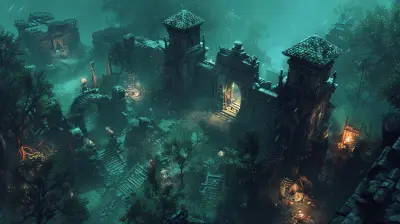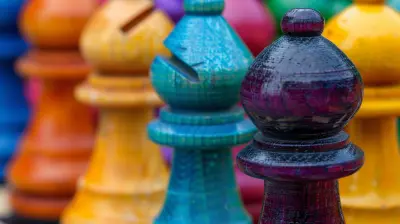How to Manage Toxicity in Online Multiplayer Communities
22 May 2025
Gaming. It’s one of the greatest escapes, isn’t it? There’s something magical about slipping into an alternate reality, teaming up with players from around the globe, and diving into epic battles or creative conquests. But let’s be honest, there’s a dark side too. Toxicity in online multiplayer communities is a buzzkill we’ve all encountered. Whether it’s trash talk taken too far, abusive behavior, or downright harassment, it can turn an enjoyable experience into a nightmare.
So, what can we do about it? How do we navigate the murky waters of toxicity while keeping our sanity intact? Well, you’re in the right place! Let’s break it down, step by step, and figure out how to manage toxicity in online multiplayer communities. 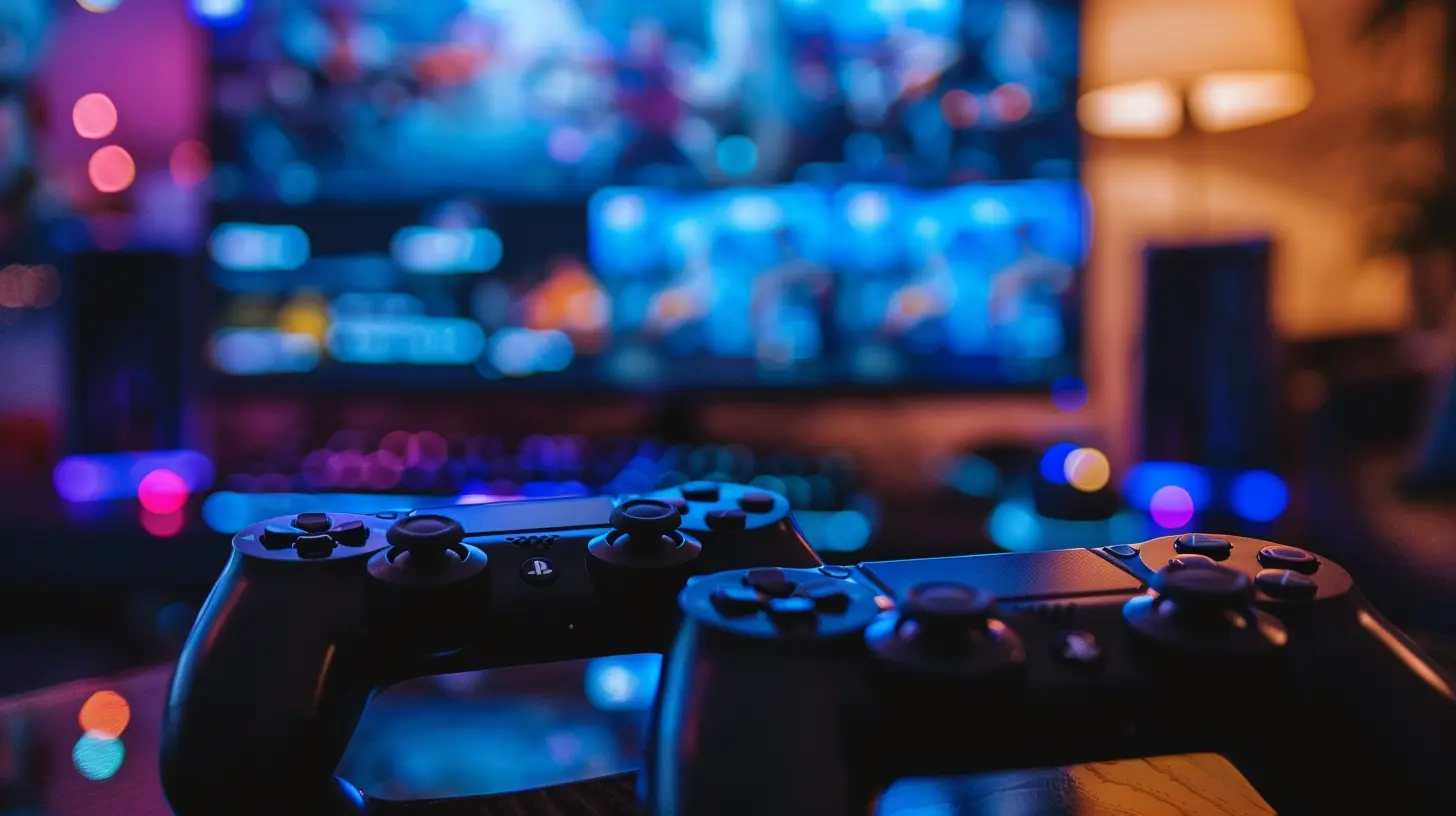
What Causes Toxicity in Online Communities?
Before we tackle the problem, it’s important to understand what’s behind it. Think of toxicity as a fire. To put it out, you need to know what’s fueling it. Here are some common culprits:1. Anonymity
Let’s face it, people tend to behave differently when they’re hiding behind a screen and a pseudonym. Anonymity can strip away accountability, making it easier for players to say or do things they wouldn’t dare to in person. It’s like putting on an invisibility cloak and suddenly feeling invincible.2. Competitive Pressure
Online multiplayer games are often high-stakes. Whether it’s climbing the ranks, scoring that elusive victory, or maintaining a streak, emotions can run high. When people are under pressure, frustration can easily bubble over into toxicity.3. Cultural Differences
Gaming is a global phenomenon, which means you’re playing with people from all walks of life. Misunderstandings or offensive comments can sometimes stem from cultural differences rather than malice or intent to harm.4. Lack of Consequences
Let’s be real—game developers don’t always enforce rules effectively. Without strict moderation or penalties, toxic players might feel they can get away with bad behavior.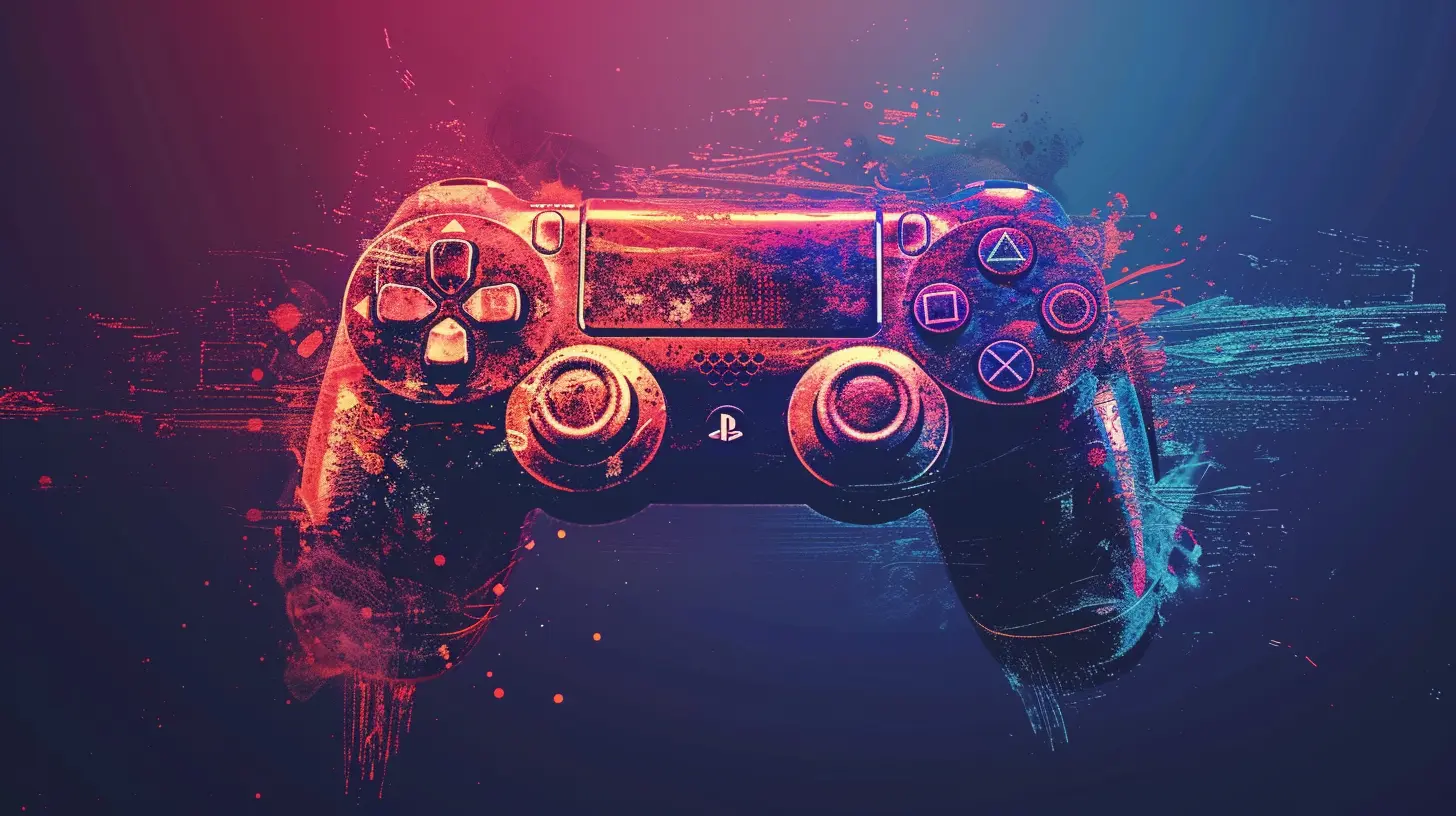
How to Deal With Toxicity as a Player
Okay, so you’ve just encountered someone who’s being toxic in your match. What now? Do you fight fire with fire? (Spoiler: no, you don’t.) Here’s what you can do:1. Mute and Move On
When someone’s being obnoxious in voice chat or spamming the text box with trash talk, the mute button is your best friend. Don’t engage. Seriously, don’t. Engaging can escalate the situation, and that’s exactly what trolls crave. Mute them, focus on your game, and take the high road.2. Report Problematic Behavior
Many games have reporting systems for a reason. If someone crosses the line—be it through hate speech, harassment, or other nasty behavior—report them. While it might feel like a drop in the ocean, consistent reporting can help platforms recognize patterns and weed out repeat offenders.3. Spread Positivity
Here’s a challenge for you: counteract toxicity with kindness. If someone’s raging in chat, throw in a friendly "Good job, everyone!" or "Nice try, we’ll get them next time!" It might feel cheesy, but positive vibes can diffuse tense situations and even inspire others to join in.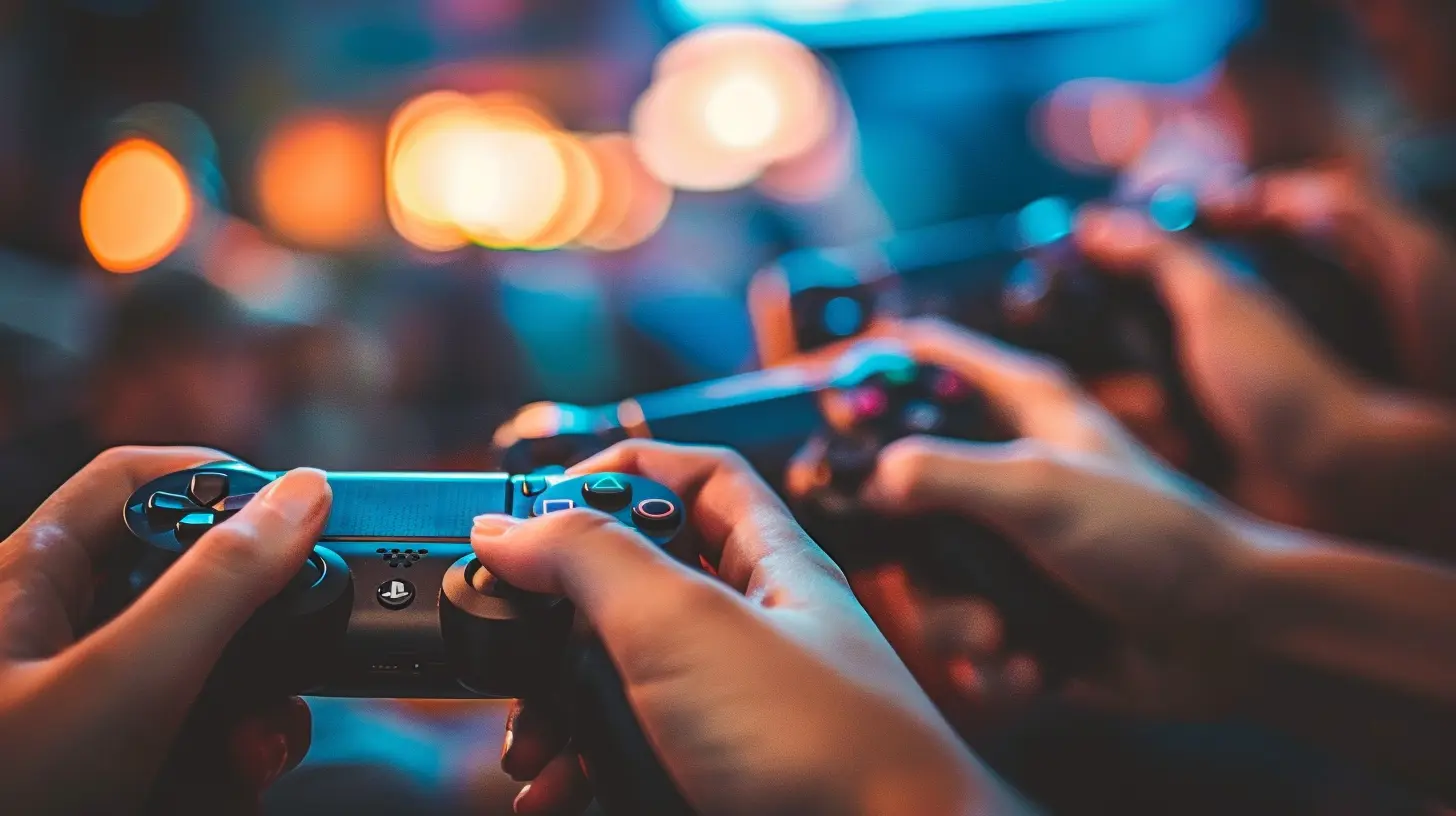
Strategies for Game Developers to Combat Toxicity
Let’s not put all the responsibility on players, though. Developers have a huge role to play in creating healthier online spaces. If you’re a game dev, take notes because this one’s for you:1. Implement Better Moderation Tools
AI-driven moderation tools have come a long way. These can flag offensive language, monitor player behavior, and enforce bans or penalties when necessary. Combine this with active human moderation, and you’ve got a solid system in place.2. Set Clear Community Guidelines
Ever walked into a party and not known the house rules? It’s awkward, right? The same goes for online communities. Clear, upfront guidelines about acceptable behavior set the tone from the get-go. Make sure every player knows the rules—and the consequences for breaking them.3. Encourage Positive Reinforcement
Why not reward players for good behavior? Implement systems where players can endorse or commend teammates for being helpful or friendly. It’s the gaming equivalent of giving someone a pat on the back, and it can contribute to a more positive community vibe.4. Host Community Initiatives
Developers can go the extra mile by fostering events or campaigns that promote inclusivity and sportsmanship. Think themed game days, charity streams, or social media spotlight posts for exemplary community members.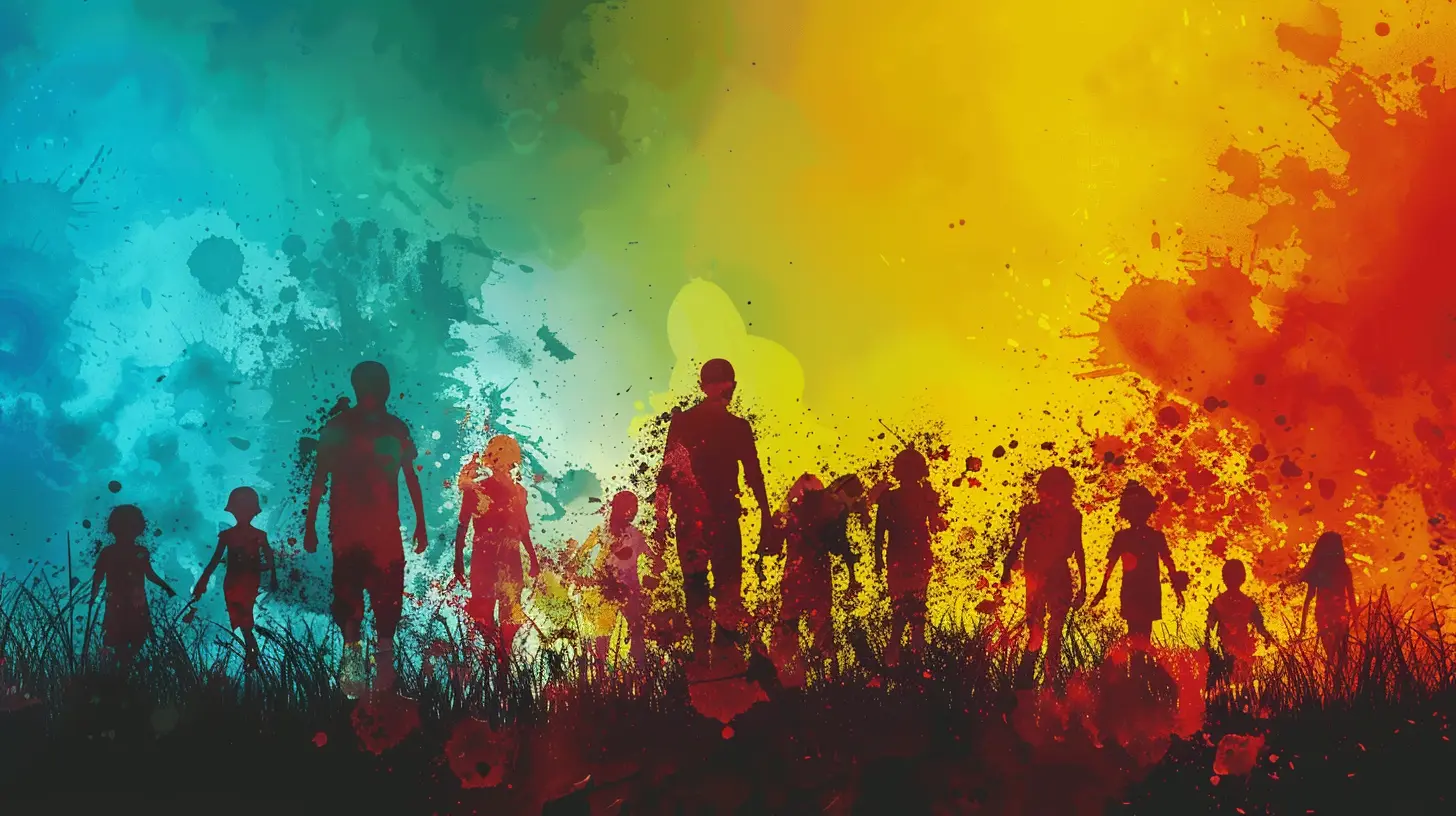
Building Personal Resilience in Toxic Environments
Let’s face it, no matter how many tools or systems are in place, toxicity isn’t going away entirely. That’s why it’s also important to build up your own resilience. Think of it as putting on armor before heading into battle.1. Don’t Take It Personally
It’s easier said than done, but try to remember: toxic behavior says more about the person dishing it out than it does about you. Most of the time, their negativity has nothing to do with you at all. Let it roll off like water on a duck’s back.2. Take Breaks When Needed
If you feel like toxicity is getting under your skin, step away. Log off, go for a walk, or do something that brings you joy. Gaming is supposed to be fun, not a source of stress.3. Surround Yourself with Positive Players
Stick with friends or create your own squad of like-minded players. When you’re gaming with a trusted group, you’re less likely to encounter random toxicity, and you’ve got backup if someone does cross the line.Why We Should All Care About This
At the end of the day, toxicity isn’t just a “me” problem; it’s an “us” problem. Online multiplayer communities thrive when they’re inclusive and enjoyable for everyone. When toxic behavior goes unchecked, it drives players away, harms mental health, and creates an environment that’s downright unpleasant.Think of a multiplayer community like a neighborhood. If someone’s constantly throwing garbage into the street, it ruins the vibe for everyone. But if we all pitch in—calling out bad behavior, spreading kindness, and holding each other accountable—then we can create a space that feels like home.
The Gaming Community Can Be Better
The fight against toxicity isn’t going to end overnight, but that doesn’t mean it’s a lost cause. As players, as developers, as a community—we all have a role to play. Use the tools available to you. Stand up for others when you can. And most importantly, remember why you’re here in the first place: to have fun.Gaming has the power to bring people together in amazing ways. Let’s not allow toxicity to overshadow what makes this hobby so incredible. Together, we can foster communities that lift people up rather than tear them down.
all images in this post were generated using AI tools
Category:
Multiplayer GamesAuthor:

Tayla Warner
Discussion
rate this article
4 comments
Mariana McLain
Managing toxicity in online games is easy! Just equip your best sarcasm shield, deploy the mute button, and remember: trolls hate sunlight!
June 21, 2025 at 2:35 AM

Tayla Warner
While humor and tools like muting can help, addressing toxicity also requires fostering a positive community culture and encouraging respectful communication.
Dakota Ramos
Great insights! Promoting kindness can transform our gaming experiences.
June 5, 2025 at 3:23 AM

Tayla Warner
Thank you! I completely agree—kindness is key to fostering a positive gaming environment.
Davina McCollum
Great tips! Let’s sprinkle kindness like confetti and turn those toxic vibes into positivity. Remember, every game is more fun when we all play nice! Keep gaming and smiling! 🎮✨
May 31, 2025 at 3:29 AM

Tayla Warner
Thank you! Absolutely, kindness can transform the gaming experience. Let's keep fostering positivity together! 🎮✨
Lyla Schultz
Ban the bad vibes, not players!
May 27, 2025 at 3:56 AM

Tayla Warner
Thank you for your perspective! Fostering positive interactions is key to a healthier gaming environment.
